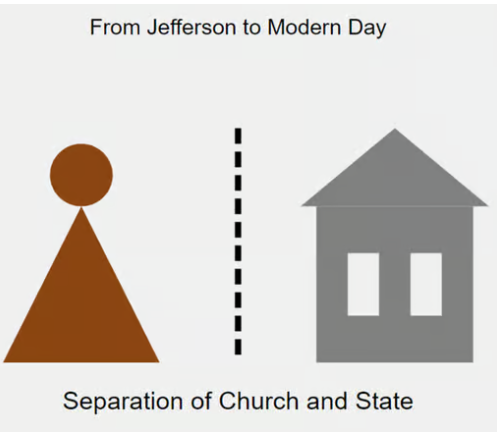The Liberty Bell: A Testament to Biblical Heritage in American History
Introduction
Imagine standing before a massive bronze bell, its surface weathered by time, bearing words that have echoed through centuries of American history. The Liberty Bell’s famous inscription, “Proclaim Liberty throughout all the land unto all the inhabitants thereof” (Leviticus 25:10), represents one of the most prominent displays of biblical influence in American symbolism. This article explores how this biblical passage became intertwined with America’s quest for freedom and how it continues to resonate with people worldwide.
The Biblical Origins of the Bell’s Message
Ancient Words for a New Nation
The biblical inscription on the Liberty Bell comes from the Book of Leviticus, specifically describing the Jewish Year of Jubilee. During this fiftieth year, Hebrew law mandated that all enslaved people be freed and all debts forgiven. This concept of divinely ordained liberty proved particularly meaningful to Pennsylvania’s Quaker leadership when they commissioned the bell in 1751.
Symbolic Significance
The selection of this particular verse was deliberate, reflecting the Quaker values of equality and freedom. Pennsylvania’s colonial assembly chose these words to commemorate the 50th anniversary of William Penn’s Charter of Privileges, which guaranteed religious freedom and self-governance to the colony’s residents.
Historical Impact and Religious Symbolism
Religious Freedom and Civil Liberty
The bell’s biblical message became increasingly significant during the American Revolution, transforming from a local symbol into a national icon of independence. The religious undertones of the inscription provided moral authority to the colonists’ cause, linking their pursuit of freedom to divine mandate.
Abolition Movement Connection
In the 19th century, abolitionists adopted the Liberty Bell as a powerful symbol of their cause. The biblical message of liberation resonated strongly with their mission to end slavery, and they were the first to name it the “Liberty Bell,” connecting its scriptural message to their fight for universal freedom.
Modern Interpretations and Legacy
Contemporary Religious Significance
Today, the Liberty Bell continues to serve as a reminder of the role religious texts played in shaping American ideals of freedom. Religious leaders and civil rights activists often reference the bell’s inscription when discussing social justice and human rights.
Universal Symbol of Freedom
While its inscription comes from the Jewish and Christian traditions, the Liberty Bell’s message of liberty has transcended religious boundaries. It has become a universal symbol of freedom, inspiring people of all faiths and backgrounds in their struggles for justice and equality.
Resources for Educators and Students
Explore the rich historical and religious significance of the Liberty Bell through our comprehensive educational materials. Our Social Media Regulation Activities and Worksheets Bundle includes:
The Liberty Bell – Biblical Influence Historical References
Conclusion
The Liberty Bell’s biblical inscription represents more than just words cast in bronze; it embodies the fundamental connection between religious heritage and American ideals of freedom. From its origins as a colonial bell to its status as an international symbol of liberty, the Bell continues to remind us how religious texts and principles have shaped our understanding of human rights and dignity. As we face contemporary challenges to freedom and equality, the Bell’s ancient message remains as relevant as ever, calling us to “proclaim liberty throughout all the land unto all the inhabitants thereof.”





